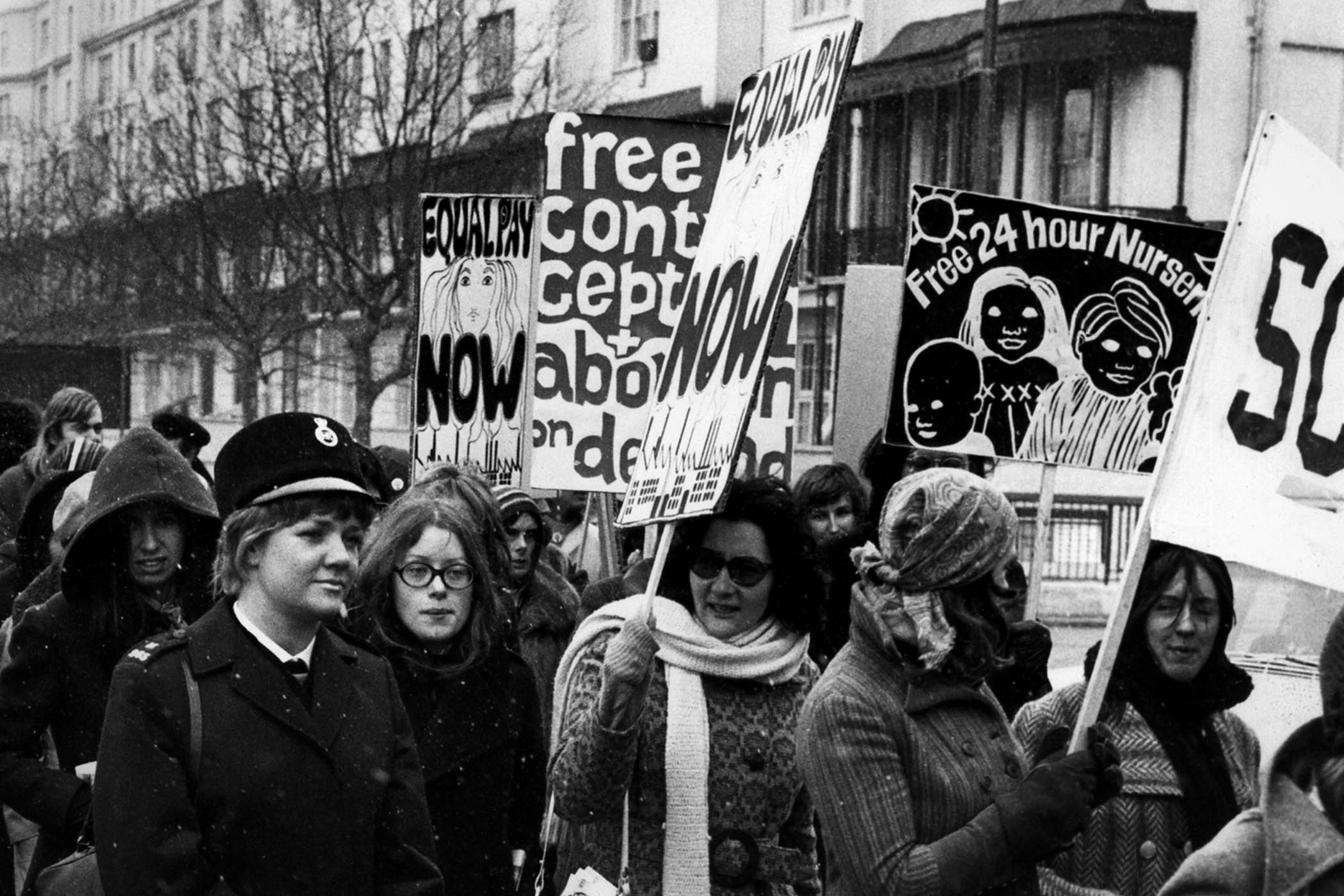Tucked under the vague heading “US election coverage more broadly”, Prescott resurrects a complaint from senior editorial advisor David Grossman, who accused the corporation of focusing too much on “issues such as abortion and women’s rights”. Prescott then notes Grossman’s conclusion that the BBC often used the “contested” phrase “reproductive rights”, which, he says, signals “a biased mindset”.
It’s a line in a sprawling document, but it reveals something far larger: a familiar tactic of the anti-abortion movement in which human rights are undermined through the language used to describe them. Once you label a right as “contested” you no longer have to defend it – you only have to debate it. That’s the trick. “Reproductive rights” cease to be a moral or legal baseline but instead become a political position, the preserve of a particular tribe. It’s a move that drains the term of its meaning and, in doing so, erases the thing itself.
Reproductive rights are not a fringe invention of feminist campaigners. They are not a slogan. They are a set of internationally recognised legal principles: the right to decide freely and responsibly on the number and spacing of one’s children; the right to access information and the means to do so; the right to bodily autonomy and freedom from coercion and violence. These rights have long been embedded in British life. The 1967 Abortion Act established access to safe, legal abortion as a cornerstone of healthcare and that right has been supported by the majority of the British public for more than half a century.
Yet the Prescott report treats these rights as suspicious, framing even using the phrase as a partisan act. Imagine applying that logic elsewhere; if a journalist referred to “freedom of speech” or “the right to vote”, would the BBC now have to insert a warning that some people disagree with the concept of these rights? It would be absurd, and yet here we are, entertaining the idea that neutrality means refusing to name the rights our own laws uphold.
For decades, the anti-abortion movement has specialised in the dark art of language capture. In the US, where it has worked hard to refine its vocabulary, activists call themselves “human rights defenders”. They talk about “supporting women’s choices” – all while lobbying to criminalise them. Groups such as C-FAM, the powerful American lobbying group that has called the term “reproductive rights” a “poison pill”, have pushed to scrub it from UN resolutions, even succeeding in gutting one aimed at supporting women raped in war for its use of the phrase.
That same rhetorical drift has been landing on our shores for years. In Britain, anti-abortion groups have begun borrowing both the rhetoric and the money of their American counterparts. “Freedom” is their favourite disguise: freedom for protesters to harass women outside clinics, freedom for doctors to refuse to give treatment, freedom to “disagree” with the existence of other people’s rights. Every time the BBC is told to treat these things as simply “contested”, that framing wins another inch.
Because what’s really being tested here is not the BBC’s impartiality but the country’s moral memory. The corporation – a public broadcaster, funded and trusted by the people it serves – has a duty to reflect the rights that parliament has granted those citizens. To describe those rights as “contested” is to side with those who want to undo them.
There’s a cowardice masquerading as fairness in parts of the British establishment right now. Call it neutrality, call it objectivity, call it “due impartiality”: it’s the belief that standing in the middle of a moral question makes you reasonable, rather than complicit. But some things are not a matter of opinion. Women’s rights to their own bodies should not be considered “leftwing” – they are human rights. And if the BBC can no longer say that without fear of being accused of bias, then what’s really being censored isn’t just speech, it’s truth.
Photograph by NCJ-Topix/Mirrorpix via Getty Images

